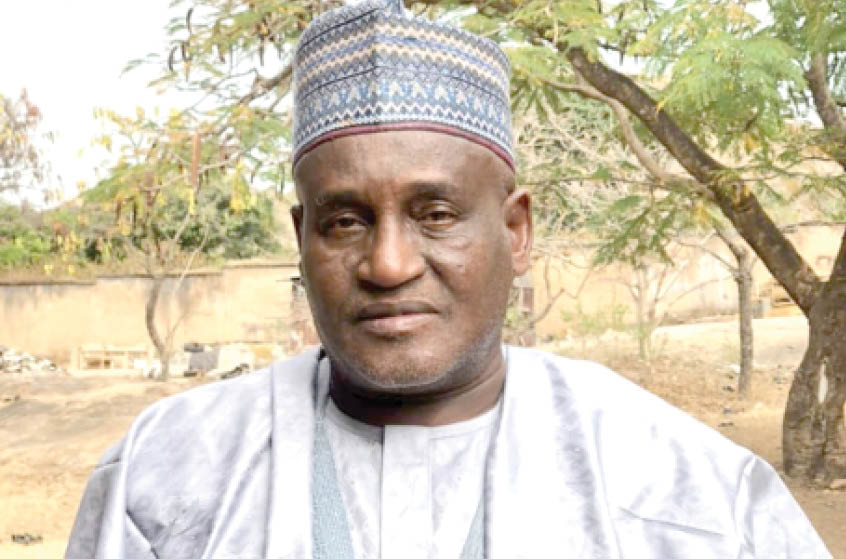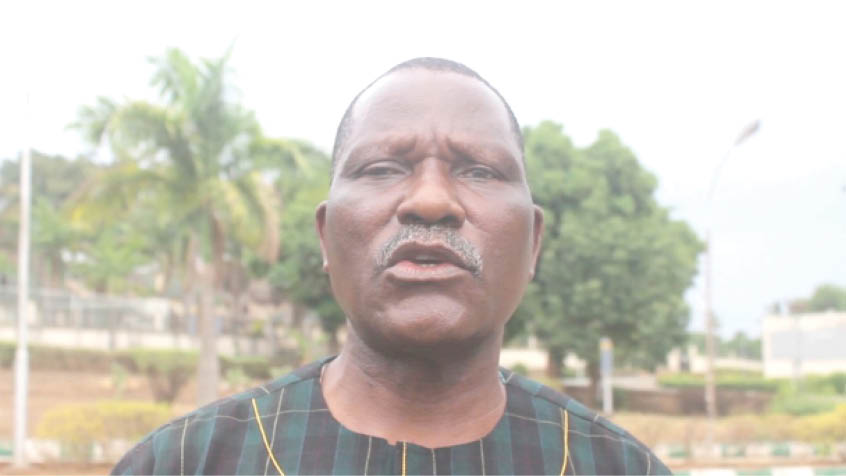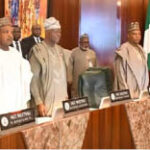For over a decade as security challenges spread across most communities in most parts of the country, the call for state police became louder, with many personalities and security experts proposing the establishment of state police to address the insecurity ravaging the country.
The proposal for community policing suggests that each state of the federation will have its police personnel drawn solely from its local population, with governors expected to have executive control over their command.
There have been several moves by the federal government, some state governors and Houses of Assembly to support the creation of state police. However, these efforts have been hindered by various factors, including concerns about their operations, recruitment processes and the use of weapons.
Plateau State is one of the states that has been plagued by insecurity, with hundreds of people reportedly killed. In the past two decades, the state has endured ethno-religious crises, leading to a loss of trust between Christians and Muslims. This divide has resulted in distinct Christian and Muslim communities.
- 1 killed as security operatives invade Enugu community, raze houses
- Beyond bombs is digital battlefield: Ukraine/Russia, Israel/Palestine/Iran conflicts as case studies
There have been accusations of killings, attacks and counter-attacks between farming and herding communities. These two communities often blame each other for any attack, farm destruction, rustling and killing.
The prolonged crisis led to the creation of Operation Rainbow, a state security task force, aimed at quelling the lingering crisis in the state, by the administration of former Governor David Jang, but the security outfit faced a lot of criticism, particularly from the Muslim community, which alleged that it was being used against them. This accusation has severally been denied by the management of the security outfit.

The House of Representatives, in partnership with the Policy Legislative and Advocacy Centre (PLAC) and the United Nations Development Programme (UNDP), organised a national dialogue last Wednesday in Abuja with the theme: “Pathway to Peace: Reimagining Policing in Nigeria”, with the aim to bring together stakeholders to find ways to curb insecurity in the country.
However, in Plateau State, the dialogue stirred differing opinions regarding the acceptance or rejection of various speakers’ positions at the event. While some residents support the idea, others say it is not healthy to have state police in the state considering how ethno-religious differences have divided the state.
The Plateau Initiative for Development and Advancement of the Natives (PIDAN), on behalf of other ethnic groups; and the Jasawa Community Development Association (JCDA) made independent submissions at the National Assembly regarding state police. The development suggests a shift in the debate, with different community groups advocating the interest of their respective constituents in relation to the proposals.
Nanle Gujor, Secretary of PIDAN, said the establishment of state police was long overdue considering the level of insecurity that had bedevilled the state for years.
He said the only way to end the incessant killings in the country was for everyone to support state police, explaining that, “Anybody who understands the issue of security in this country will know that it is better to have people who know the terrain of a particular community to secure it. Usually, security personnel often posted to crisis areas do not have the understanding of the peculiarities of the area, and for that reason they tend to fail in their efforts to restore peace or prevent attacks on communities.
“But when we have people that are vast in knowledge of the area, they would provide adequate security in the area and thereby achieve maximum input. The issue of community policing is a welcome idea. We in PIDAN have already made a submission in respect to that issue.”
For Alhaji Sani Mudi, a board member of JCDA, his organisation is totally against the creation of state police because it can be used against his people.
He said, “We are clearly against state police for the reasons that it has to do with peaceful coexistence and wellbeing of our citizens. We are in a situation whereby citizenship is merely theoretical, in Nigeria, the practical aspect of it in terms of rights, privileges and responsibilities are always being abused. So, when you talk of state police, it means that it would further expand areas of abuse by political leaders. Tribal and ethnic leaders who happen to be in authority are likely to abuse it. There are states that the issue of citizenship and settlers hasn’t been addressed, and marginalisation seems to be increasing. So, there is the fear that, certainly, state police will be abused.“
While PIDAN assured that the personnel of state police would not be used against any particular community, members of the Muslim community expressed concern that it could potentially be used against them.
Gujor said, “That fear is present. But I want to allay the fear of those people who have these feelings. I am sure that before any committee regarding this is established, all stakeholders, including traditional and community leaders, must be deeply involved. In fact, if you know the type of vigilantes we have, you will understand that there will be no problem as people envisage. The major problem with national security is that sometimes they have to take directives from above. But when you have people that you constitute yourself within the locals, honestly, they would know that they are there to work for the locals.”
Mudi on his part said state police would not bring the much needed peace to the state.
He said, ‘’No, it won’t. Presently, in most of the states of the country, we have local security outfits run by the state governments. You will find out that they are not inclusive. They are more or less restricted to certain ethnic groups. We are seeing what is happening in Operation Rainbow. The same thing will happen in state police if allowed to be established. So, when everybody is not carried along, there is no hope that it will address the issue of insecurity. How do we handle the arms that would be handled by such groups?’’
Other residents react
Chinedu Anyamele said, “I support the idea of state policing because the security generally in the country is porous. So, if you allow the idea, it would work well because it is local people that are familiar with the environment. This will give them knowledge of what is happening around them. They will know how to handle the problem very well.”
Muhammad Kabiru Abdullahi said, “I am not in support of state police. Looking at the current situation in the country, with the federal police, sometimes politicians use them to achieve their surreptitious objectives. So, if you allow state security in the hands of state governments, what do you think will happen? Added to that, if such a proposal should be allowed, only the state’s indigenes would be recruited. In that scenario, what do you think would happen to other people?
Rev John Adaji said, “I don’t want people to base their position on the current situation. People are quickly calling for state police regardless of other issues that will thereafter occur after the atmosphere has been peaceful. For example, look at the state electoral commissions; when a governor of a particular party is on seat, his party wins all chairmen and councillors’ seats. Outright, the governor must have influenced the process because the state electoral commission is under his control.
“The same thing, the state governor will influence the appointment of state police commissioner. I am of the opinion that if we must have state police, let us checkmate our tribal, sectional and religious differences.’’

 Join Daily Trust WhatsApp Community For Quick Access To News and Happenings Around You.
Join Daily Trust WhatsApp Community For Quick Access To News and Happenings Around You.


